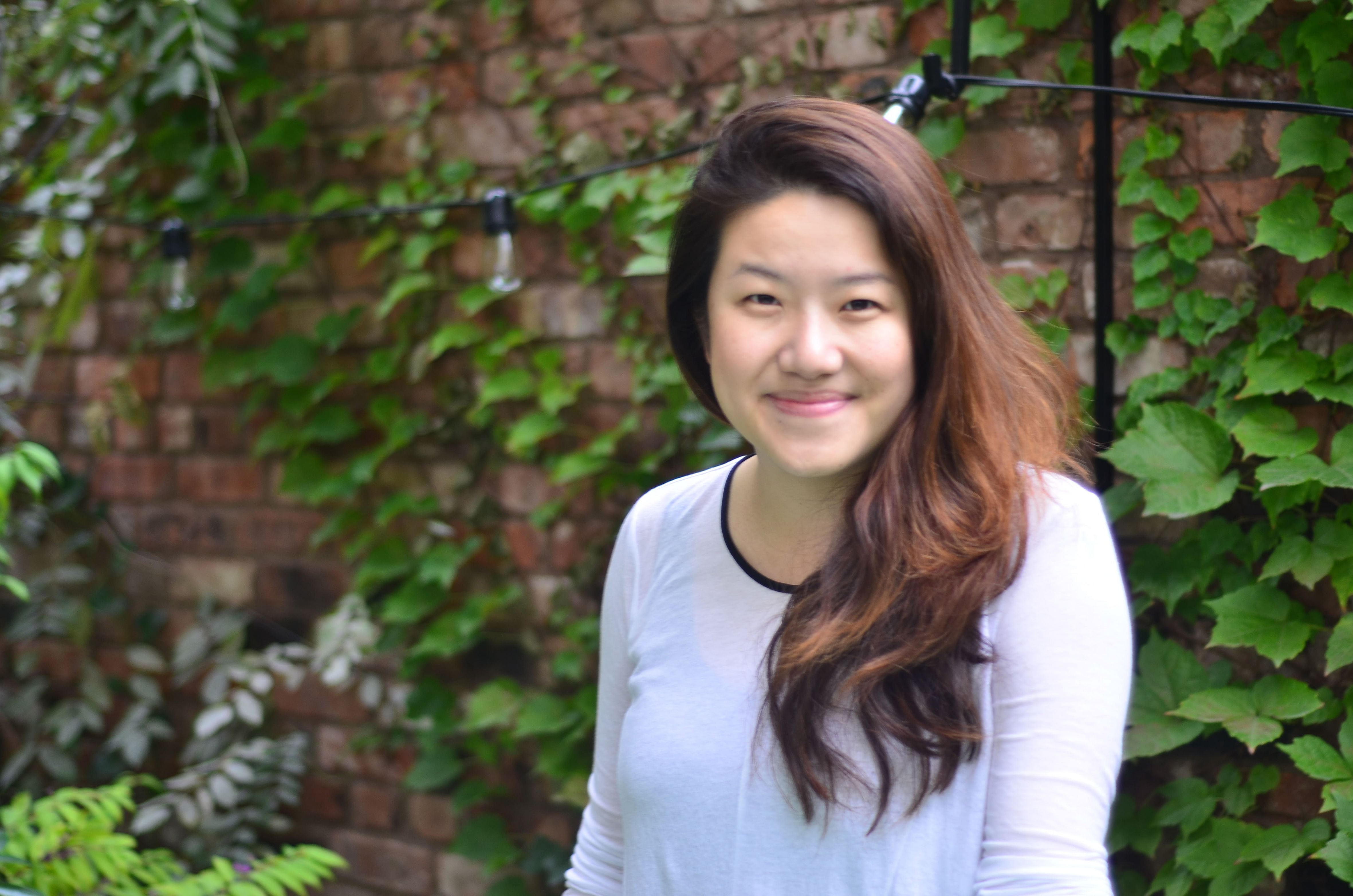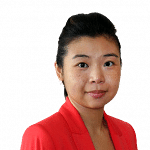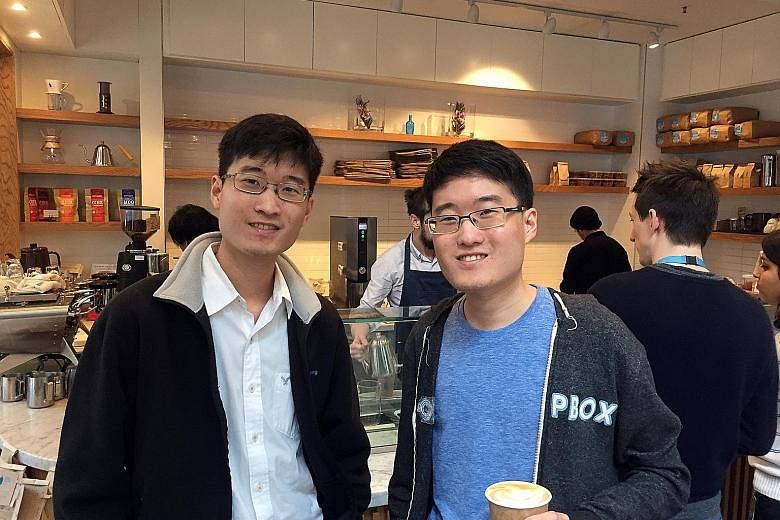WASHINGTON • Singaporean twins Silvanus and Linus Lee, 29, are in Silicon Valley competing with the best in their field. While both believe they will one day move back to Singapore to live, for now, Silicon Valley provides the challenges they seek in their careers.
Mr Silvanus Lee, who used to work at file-hosting service Dropbox, is head of product data science at transport network company Uber, while Mr Linus Lee is a data science manager at social networking service Twitter and heads a team of six data scientists, most of whom have doctorates.
The younger of the two, Mr Silvanus Lee, who studied computer science and mathematics at Stanford University and completed his degree in just 2½ years, said: "Here, there is the sense of building something that will benefit others... a chance to jump into companies and learning opportunities you don't get elsewhere. But I do see that Singapore is on a great trajectory."
Indeed, as Singapore seeks to transform its economy into a more innovative one, the Lee brothers are part of a group of talented tech-focused Singaporeans the Government is hoping to attract.
There is a sizeable community of Singaporeans living in the San Francisco Bay Area working for start-ups and tech giants - more than 200 are part of a networking group called Bay Area Tech Singaporeans (Bats) - and the Government is paying more attention to it.

Prime Minister Lee Hsien Loong had a round table with the group last month before attending the US-Asean Summit in southern California and said that the Infocomm Development Authority is working on proposals to try and draw them back to Singapore.
This year's Singapore Day in September is also being held in San Francisco. Yet, PM Lee recognised that drawing the top tech talent back home will not be easy, saying that Singapore does not yet provide the challenges and opportunities that Silicon Valley does.
With the right opportunities, a more supportive ecosystem and cultural shifts afoot, some Singaporeans say there might just be enough changes back home to pique their interest in returning. But others believe they can best contribute to Singapore and develop their careers by staying in Silicon Valley, where they can act as a bridge between the two tech communities.

PART OF SOMETHING BIGGER
When Mr Linus Lee joined Twitter four years ago, he was one of the first few data scientists on the team.
"There was a lot of grunt work, but everybody does the work it takes to succeed. Now the system is in place to get things done," said Mr Lee, whose job requires him to provide technical guidance to his team of data scientists and make sense of the data which can then be presented to other divisions in the company.
"Twitter has an office in Singapore, which has scaled quickly in the last two years, but the function is still largely non-technical," said Mr Lee. "If there was a tech office in Singapore, that would be an option I would consider."
Tech giant Google's announcement in January that it would set up an engineering hub in Singapore is one piece of long-awaited news that could possibly encourage other tech giants to follow suit, and possibly attract people like him to return to Singapore. Engineering hubs would not just create jobs, but are also a key element of the tech ecosystem, said some Singaporeans in the field.
Mr Ju-kay Kwek, 42, a former Google employee who is now chief executive and co-founder of enterprise software firm Switchboard Software, said working at Google was a huge boost in terms of access he had to business networks and the unique opportunity for learning. He also pointed out that there is a virtuous cycle in Silicon Valley that feeds off the presence of larger companies.
"People start at a big company, they leave, they get acquired back into the company, they leave again and this goes on," said Mr Kwek. "It is a very common story. The industry is very porous and the cross-pollination that happens is huge."
For a talented engineer or programmer, Silicon Valley will always provide interesting and challenging jobs, said Mr Jupe Tan, vice-president of international operations at Plug and Play, a Silicon Valley accelerator - a business programme that helps start-ups get off the ground - and head of accelerator SPH Plug and Play in Singapore.
"In Silicon Valley, the risk-reward ratio is high - the potential to be part of something big and game- changing - that is what makes it exciting," he added.
ATTRACTING START-UPS
Singaporeans who have started their own businesses often cite the Silicon Valley ecosystem as something Singapore needs to develop. The ecosystem refers to capital, talent and distribution channels, among other things.
"Here, you are in a tight-knit community that can help with growth, marketing and fund-raising," said Ms Gillian Ping Tee, 33, chief executive and founder of CodeUpStart, which teaches people how to code and create real-life start-ups like Tinder and Kickstarter.
The computer science graduate who earned her Master in Business Administration at Columbia University said having a tech-centric firm in Silicon Valley has its advantages when courting talent like developers, marketing experts and mentors.
"You know that at any time, you can connect with 10 people in San Francisco who could help you with the business," she said.
But she is keen on seeing what Singapore has to offer and plans to spend three months in Asia setting up a satellite office, most probably in Singapore.
"I want to return to Singapore because I'm from there, it is so central, and I feel there is an increased awareness of how tech can help businesses," she said.
When it comes to support in the form of funding, the consensus among Singaporeans and US-based experts seems to be that there is no lack of start-up funds.
For example, enterprise development agency Spring Singapore supported more than 300 start-ups last year. Spring Seeds Capital, the agency's investment arm, co-invested $13 million in 17 early-stage firms last year, catalysing private investment of $36 million.
But, said Mr Kwek: "The real value of raising venture capital is not just the cheque; it's the experience and contacts these venture capitalists bring and whether they roll up their sleeves and help a company."
CULTURE AND PERCEPTIONS
A crucial part of the Bay Area ecosystem is the environment and culture that numerous Singaporeans agreed might be hard to replicate back home.
San Jose State University Assistant Professor of design Nelson Tan, 35, said: "You can go anywhere in the Bay Area and people are talking about the next big thing, but it's a niche market in Singapore, and you still have to find that group."
But Mr Kwek believes that, too, is changing in Singapore. "Looking at the number of tech meet-ups in Singapore, I was very surprised to discover there was a significant grassroots level of interest."
Many also spoke of risk-taking as very much a cultural norm in the Bay Area and the US in general, not just among entrepreneurs, but among big companies too.
Some Singaporeans questioned if larger companies back home, or even government-linked companies, would take a chance on a small business providing a new service. "There is a long-shared culture in the US of investing in new tech," said Mr Kwek. "There is a dynamic relationship between big and small companies and my sense is there is less of a willingness to take those risks in Singapore."
While the culture within the community needs to evolve, the perceptions of the community also need to morph, as PM Lee pointed out while he was in San Francisco.
Said Mr Linus Lee: "Engineers here are seen as builders who add a lot of value. In Singapore, the mentality is still that they fix things... That's why so many people would rather go into law or medicine."
Mr Hugh Mason, chief executive of JFDI.Asia, a Singapore-based accelerator, noted that the problem is very real among the engineers he works with.
"Technical people tell us they are under a lot of family pressure to get a 'safe' job and to become a manager as soon as possible" because the perception is that the status of a manager is higher than that of a programmer, he said.
CONTRIBUTING FROM THE VALLEY
Prof Tan, who has lived in the US since 2003, says he is cautiously optimistic that the environment in Singapore could match up to Silicon Valley's. "It is probably years, if not decades away, from that happening," he said.
He has a different proposition for the Government: "Instead of attracting talent back, establish a stronger Singapore presence here in Silicon Valley... Singapore needs to tap into this, rather than create another SV in Singapore."
As a co-founder of Bats, he organises events that bring overseas Singaporeans together.
The most recent event in January, which featured Singaporean Chade-Meng Tan, one of Google's earliest engineers who went on to found a leadership institute, was streamed to Singapore Management University and Singapore University of Technology and Design students in Singapore.
Being in the US also makes sense for many Singaporeans and their careers. Mr Jupe Tan, who has lived in the US for the last decade, said: "For what I do, which is to look out for, invest in and accelerate great start-ups, this is still the place with the best deal flow".
To illustrate, he said his organisation runs one programme in Singapore (SPH Plug and Play), with two batches of start-ups per year, receiving 200 to 300 applications per batch.
However, in Silicon Valley it runs more than eight programmes a year, with two batches per programme, and each batch would receive 500 to 1,000 applications.
But living in the US does not mean he is not adding value to Singapore. "I am very proud to be a Singaporean and that will always be home, but I think the most important role that I play now is connecting the two tech ecosystems."


